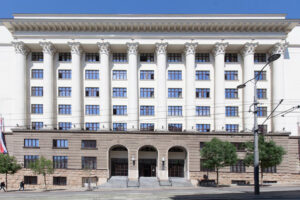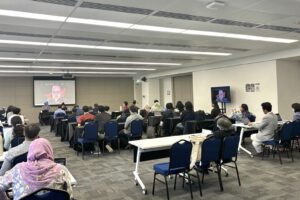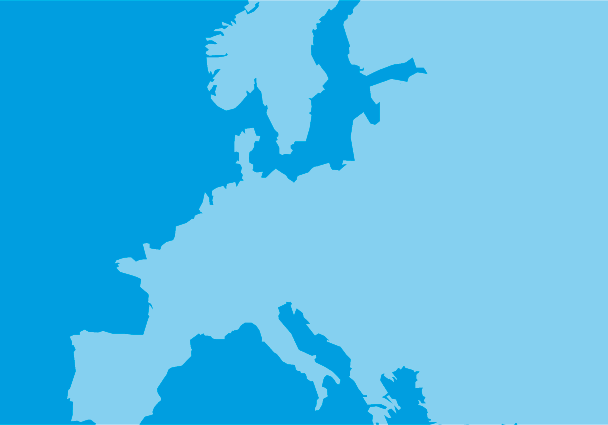
Aug 21, 2012 | News
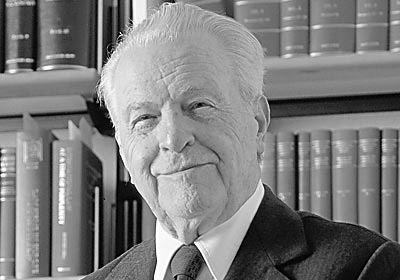 It is with great sadness that the International Commission of Jurists received the news of the passing of Dr. Jean-Flavien Lalive. He was one of the pillars of our organisation in its early days.
It is with great sadness that the International Commission of Jurists received the news of the passing of Dr. Jean-Flavien Lalive. He was one of the pillars of our organisation in its early days.
Dr. Lalive was involved in the work of the ICJ for over fifty years. As the Secretary-General from 1958 to 1961, Dr. Lalive played a vital role in establishing our organization in the international human rights community. He is especially noted for bringing the ICJ closer to the United Nations, both in terms of the organization’s political relationships and our physical location. Under his leadership, the ICJ gave more pronounced support for the international standards and enforcement procedures advocated by the UN. He was also responsible for moving the ICJ Secretariat’s headquarters from The Hague to Geneva, where it remains to this day.
While at the ICJ, Dr. Lalive continued to direct the organization’s efforts towards the search for universal procedural and substantive safeguards required for the proper administration of justice, while seeking to encompass the world’s different legal traditions. At the ICJ’s Congress in New Delhi in 1959, Dr. Lalive helped to define principles of the Rule of Law and Human Rights. The Declaration of Delhi, in particular, was to prove a seminal instrument in shaping the Rule of Law, with its conception of the Rule of Law as “a dynamic concept for the expansion and fulfillment of which jurists are primarily responsible and which should employed…to safeguard and advance [human] rights.”
Dr. Lalive later served as an Honorary Member of the ICJ, supporting the work of our organization at conferences and missions over many decades.
Dr. Lalive was an outstanding jurist and an exceptional advocate for human rights and the Rule of Law. He will be truly missed both by our organization and the wider human rights community.
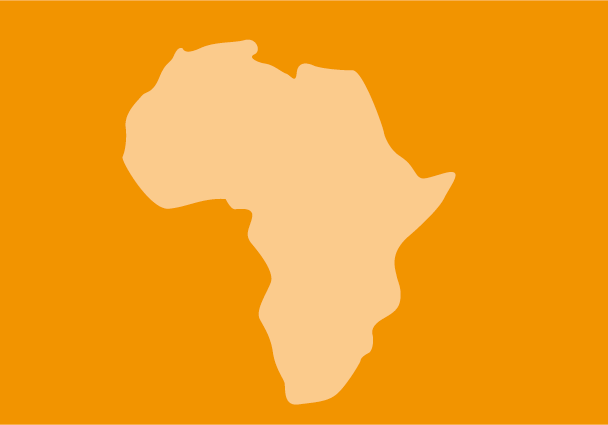
Oct 17, 2011 | News
The ICJ and the Law association of Zambia jointly undertook the monitoring and observation the Zambian 2011 tripartite elections, which were held on20 September 2011.
Zambia-ICJ-LAZ statement-press release-2011 (full text in English, PDF)
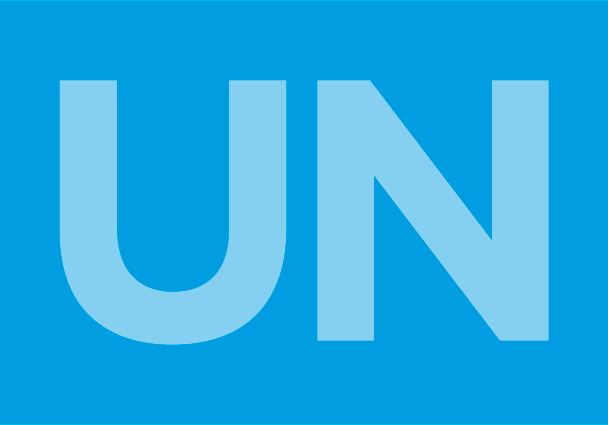
Oct 11, 2011 | Advocacy, Analysis briefs
Since 2009, the UN High Commissioner for Human Rights has called for the strengthening and increased funding for the UN treaty bodies.
The UN treaty bodies are the monitoring mechanisms established under the universal treaties on international human rights.
To date, however, this strengthening process has inadequately addressed the need to strengthen, streamline and coordinate the Individual Communications procedures of the treaty bodies.
A coalition of NGOs has therefore issued a joint statement on the strengthening of these procedures, which represent a key aspect of the right of access by all to international justice in the context of human rights. The joint statement includes recommendations to States, the Office of the High Commissioner for Human Rights, and the treaty bodies themselves.
statement strengthening treaty body-analysis brief-2011 (full text in English, PDF)
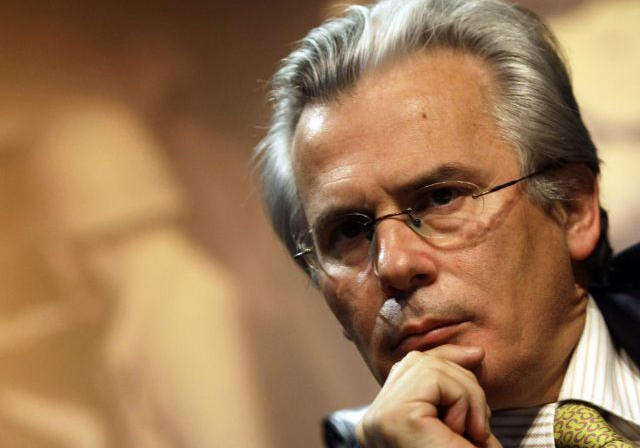
Jun 4, 2011 | Events
On 3 June, the ICJ and other human rights groups organized a parallel event at the Human Rights Council on “Combating Impunity: The Role of Judges and Lawyers in Times of Crisis”.
The panel comprised Spanish Judge Baltasar Garzón (photo), Wolfgang Kaleck (General Secretary, European Center for Constitutional and Human Rights) and Robert Husbands (OHCHR-Rule of Law and Democracy Section); Immaculada Barcia (Asian Legal Resource Centre) moderated the discussion. The meeting addressed the responsibility of jurists to protect and promote human rights vis-à-vis governmental attempts to interfere in and block investigations and prosecutions against former State officials even in the case of serious human rights violations.
Flyer-event-2011
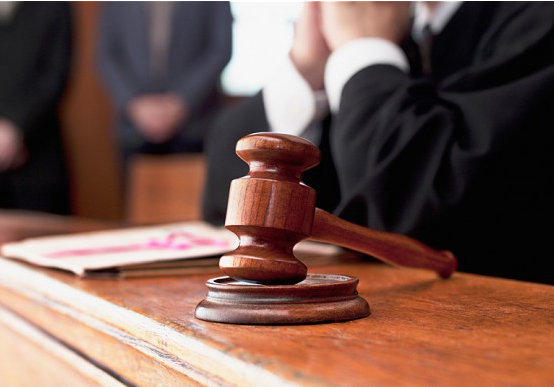
May 17, 2011 | Events
The ICJ and the Southern African Chief Justices’ Forum (SACJF) will be hosting the 2nd Judges’ Summer Colloquium on ‘Independence of the Judiciary as a Challenge to Democracy, Human Rights and Rule of Law’.
The event, to take place in Livingstone (Zambia), from 19 – 21 May, 2011 will provide space for a critical review of the current state of judicial independence in the East and Southern Africa region, by the Chief Justices from the judiciaries within the region, Judges from Zambia, and stakeholders from continental and regional institutions including the ICJ, OSISA, IAWJ, SADC LA, UN agencies, NGOs and academic institutions. Over 60 participants from national, regional and international institutions are expected to attend
Zambia-human rights and rule of law-event-2011 (full text, PDF)

 It is with great sadness that the International Commission of Jurists received the news of the passing of Dr. Jean-Flavien Lalive. He was one of the pillars of our organisation in its early days.
It is with great sadness that the International Commission of Jurists received the news of the passing of Dr. Jean-Flavien Lalive. He was one of the pillars of our organisation in its early days.






